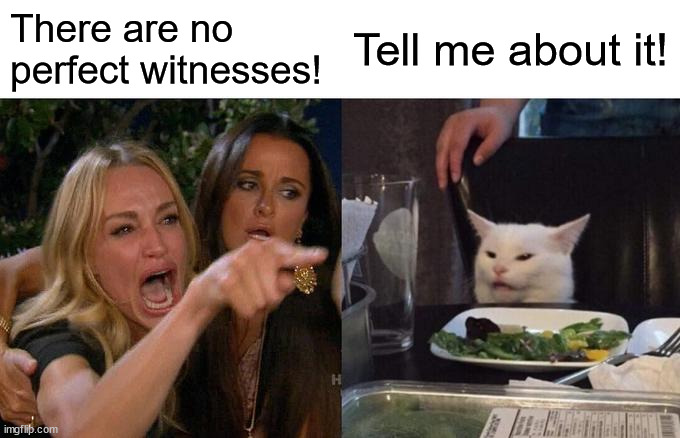In my denomination, there has been a lot of conversation regarding the Last Supper/The Feast of the Gods vignette 2024 Olympics Paris Opening Ceremonies. Perhaps conversation might be overstating it.
There have been a lot of words, and I’ve shared the words of others.
What is prompting this particular post is It’s Not What You Think It Is by Andy Lauer on the Holiness Partnership1 website.
I have to admit that my first response was not overly positive. Lauer’s article kept circling in my brain, however, and I have come to the point of recognition that it is worth reading and pondering.
Yes, it might be a tad over the top. On the other hand, I think that there was too quick of a response by those against the Opening Ceremonies, and by those (like myself) who felt the need to mitigate the expressed outrage.
So, we are clear, I do think the Opening Ceremonies were kind of meh. I think it was an overreach that didn’t work out well. I also did find The Last Supper/The Feast of the Gods vignette tasteless, but its entire context within the fashion/catwalk larger vignette had already turned me off.
Jan Hermansz van Bijlert’s Le Festin des Dieux (The Feast of the Gods ) does seem to be very much based on Leonard da Vinci’s The Last Supper. Van Bijlert is not unique in this as this seach page on Artsy shows. Thus, one of the claims many have made that the vignette wasn’t about The Last Supper might be correct on the surface, yet The Last Supper is very much a part of it.
In his article, Controversy, Context, and Creativity in the Paris 2024 Olympic Games Opening Ceremony, John Squires preaches (he’s a pastor) about context, context, context. In response to much outrage, I shared his article with others, so that there was indeed some context.
Squires is correct, context is key. The context is a broken and fallen world that does not have a functional relationship with God. Sadly, as much of the acrimony surrounding this vignette showed, it seems to apply to Christians, too.
Many, such as myself, were responding to what was perceived has angry, hurtful, even hateful responses to the vignette. We saw this as damaging our ability to be effective witnesses for Jesus Christ. We understood that the world would first respond to Christian outrage with more outrage and shutting of doors to conversation.
What we didn’t do, however, is ponder. Honestly, neither did a lot of the outrage against the vignette.
We have been well trained to react, respond, react, respond. Maybe later we’ll think.
We are not perfect witnesses. Those that tried to defuse the anger and those that were angry were actually not on opposing sides. That’s the part that really struck me with Lauer’s article.
It’s not that we all don’t see a fallen world. It’s not that we all don’t see a world that is turned from God.
Where people, such as myself, got a bit lost, perhaps, was that there is a distinct difference between trying to defuse, trying to understand, and trying to apologize. By apologize, I’m referring to the classic apologia, which seeds to defend or justify.
It’s that last word, justify, where it seems that Lauer and others are rightly disturbed. Much of the defusing appeared (and may well have been) an attempt to justify the vignette.
There are a number of conversations in the Christian world, including the Church of the Nazarene, where justification is equated to explaining, seeking to understand. This is vignette was one of them.
Let’s be clear though. Squires, and many like him, used language that seemed more justifying than explaining.
It’s not that I don’t understand that, but this impacts our witness.
I get that there are many disagreements among and within the many Christian traditions (denominations and non-denominationals). I am becoming more convinced that it is not that we disagree, but how we disagree.
Yes, there will be times where breaking of fellowship will occur, and I hope all parties involved are deeply grieved by that. I hope that the grief and sorrow is far outweighed by the sense of justification and righteousness.
While I think this vignette is relatively minor, the hubbub that occurred around it is the point of greater reflection.
We are imperfect witnesses for Christ. How we witness is very important. We may well have the right answers, but the right answers are only heard within relationships, and often not even then.
As we come to the next outrage, let us think deeply if we are reacting and responding, or thinking, praying, and witnessing.
- The Holiness Partnership is a collective dominated by a group of Church of the Nazarene pastors who seem to be of a very traditionalist mindset. This can be good, as it ought to keep a balance to the progressive wing of the Church of the Nazarene. However, there is some concern, that the Holiness Partnership might have too much influence and control within the denomination, outsizing its numbers. ↩︎


Leave a Reply